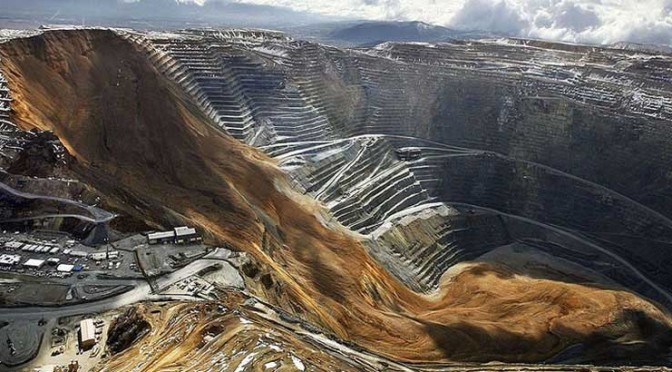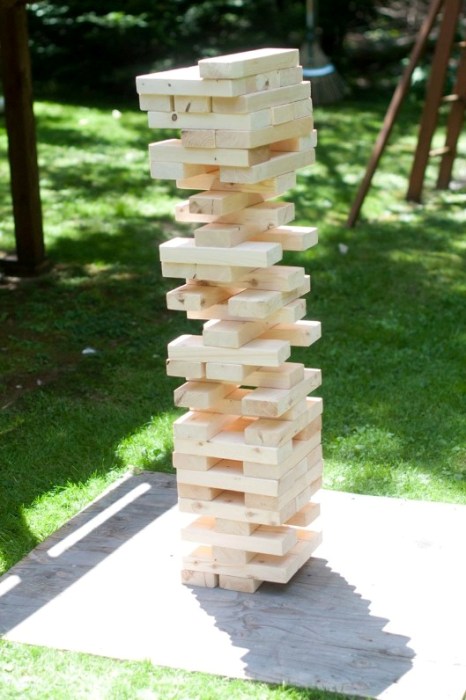Towards the end of my recent radio interview (@ 1:48:00) we briefly discussed the financial system illusion, the potential for social disruptions that would result from the deconstruction of the system and the process of withdrawing or disentangling from the system itself. I mentioned to the interviewer an ironic twist that may result from disentangling or withdrawing to some degree or another from the system.
If you think it is difficult changing banks when so much of our financial life is entangled by direct deposit of wages, dividends, interest, social security or pensions; automatic debits and bill paying of mortgages, credit cards, insurance, utilities etc, then imagine the complications involved when substantial withdrawal from the system is attempted and many financial and physical connections are severed. It can become quite entangled and complicated, more so at least initially, rather than if we had done nothing.
For example let’s say you moved several hundred or even a thousand miles away to a more rural area. While you could and probably will still maintain your existing banking relationship, at least for a while, your local credit union or small community/regional bank may not have branches where you are moving to. In fact in many rural areas there is only one bank within ten, twenty, even fifty miles of your new home and possibly only two or three within several hundred miles.
Since modern life still requires checks to be cashed and/or deposited, personal checks to be written and currency to be held on hand, a new banking relationship would need to be established where you now live. This means several different types of accounts under various titling would be required since you still need to maintain (or increase) certain outside financial relationships until you can sever them.
Essentially you would need to maintain some portion of your old life at the old bank and also extend it to your new bank and location, plus create your new life at the new bank. Some of this will eventually be unraveled, but for now you have fed the banking system both by opening additional accounts and by moving more ‘money’ into the fractional reserve system as you liquidate assets. On the margin you have actually increased your Ponzi presence rather than reduce it. But it gets worse, much worse.
Regardless of whether you are selling a primary residence, income producing commercial property, a partnership or business, something we all must do to some extent or another if we are to move and begin to withdraw, while you may be paying off the debt associated with the properties, the buyer is more than likely taking on even more debt in order to purchase the asset.
Often this is simply because the asset you are selling has been held for many years and its debt has either been significantly paid down or extinguished during that time period. In some cases the asset has appreciated as well, requiring the buyer to take out a mortgage for an amount even greater than your original mortgage, let alone the balance now due.
In addition, even though your intention was to own your new residence free and clear of all debt, because you are initially cash crunched you might decide to take out a small first mortgage on the new place in order to preserve some of your cash to afford you more flexibility while you sold other assets and made improvements and repairs to the new property. This small debt could be extinguished soon, but once again more debt was created in order to help you disentangle.
Finally, as noted above you are probably making several improvements and repairs to your new place which requires additional spending above and beyond what you would normally engage in. While the expenditures are essentially capital improvements that will enable or assist you in continuing to whittle down your footprint within the Empire, it is still more short term fuel on the Ponzi fire.
This doesn’t include any additional spending by those who purchase your real estate, either to enhance or repair the property, meet newly enforced code requirements or just to be able to fix it up to increase revenue potential or in order to resell to others. In addition I’m not taking into account all the various closing costs on both sides of the HUD-1 that feeds the industry that feeds the real estate market that feeds the Ponzi leverage.
Oftentimes commercial property is bought with as much leverage as possible and with the intention of extracting any built up equity at a later date to once again leverage the purchase of another property. While that may not have been your intent if you kept your income producing property or business, it is more likely to be the case for the purchaser of the property you are divesting to. The beast is fed once again.
Of course, there are other ways to skin a Ponzi. You could have remained in your primary residence and begun the process of leveraged investment divestiture from there. Then when that was complete, and depending upon how much cash you wound up with, you could purchase your new home followed by the sale of your primary residence, Or do it the other way around: sell your house, then rent while you looked for and purchased your new home. This would have limited to some degree the feeding of the beast.
But as we all know, or will know soon enough, the real estate ‘bidness’ is up and down and the best time to sell is when there is a market for the sale of your properties, pushing the sales price up, and the best time to buy is when there isn’t a market for the property you wish to purchase, pushing that price down. Since you would be doing both, and time may be of the essence because of several complicating personal issues, for example a child unit that needs to be settled in a school system or the place you want won’t be there for long, you probably don’t want this process extended out over many months and potentially years. So you choose the devil you know.
You most likely won’t receive a windfall from the sale of the properties. While stock market assets may have been boosted by the Federal Reserve, personal and commercial properties have not responded equally well. In some cases, particularly personal property, while the potential selling price may be off the floor set in 2008-09, they have not recovered anything close to their highs except in a few select markets. Commercial income producing property is a little better, but there again it is all about location, location, location and not all commercial property is doing well. Not exactly the best time to sell.
You are committed to deleveraging your life, both personal and financial, so if it can be avoided you don’t wish to bring harm to yourself just to minimize the effect on the Ponzi. Thus your goal is to finish this process, or at least this portion of the process, as quickly and efficiently as possible. That said you’ll probably pick the path that suits you best since you do not owe allegiance to the Ponzi nor to those who will be left behind when it falls.
When the deleveraging process has begun it will be remarkable to witness first hand, once pen is put to paper and outcomes are projected to the end of the divestiture, how the entire financial system is geared towards stacking the chips higher and higher, with leverage upon leverage utilized to leverage even more. Each financial intermediary along the way of stacking and restacking of the Jenga blocks encourages the swift passage of their portion of the Ponzi simply because they are financially compensated to do so.
There is simply no way for the financial system to regress, to contract or even just to stabilize in order to buy some time to dismantle it and create something more sustainable. When every step along the way someone is dipping their buzzard’s beak into the cow pie, either for a living or for wealth enrichment and enhancement, no outcome other than collapse or a slightly slower crumble appears possible.
It is supremely ironic that those who wish to withdraw or minimize their interactions with the Ponzi might actually feed it on the way out. This alone speaks volumes towards how dysfunctional and truly unsustainable it is.
03-30-2014
Cognitive Dissonance



Just curious if this article is somewhat autobiographical…
Also curious about the location and date of the picture at the very top…since landslides are a current event.
Saw a mention somewhere (I’ve forgotten where) that the slide in Washington State may have been a lahar related event(Glacier Peak).
The last part of the above comment, “re: feeding the beast” and after, was not supposed to be part of what I quoted. Not sure how to fix it as there’s no edit button. My apologies.
Unless one can find a cave or cabin completely cutoff from ‘civilization’ and use no outside sources what-so-ever for anything you might need, then NO you cannot completely withdraw. And as stated several times over the last 9 months that is not what we are trying to do.
We are attempting to live a somewhat more sane life while still surrounded by total and complete insanity. Not an easy task by any stretch of the imagination.
The article was written in response to thousands of voices who declare that it is possible to withdraw, but who never consider the unintended consequences of trying to do so. Comforting thoughts are often comforting simply because the thinker stops thinking as soon as it becomes uncomfortable to go any further. :-)
Cognitive Dissonance
Hi, Disenchanted. I believe that is the open-pit copper mine, formerly owned by Kennicott, which is on the east side of the Salt Lake Valley in Utah, and about 15 miles, as the crow flies, from my humble abode.
I am fairly sure it contributes to the poor air quality in the valley, especially when the wind blows. And that landslide was definitely unintended. :-)
@ohmyheck
You are correct on the name of the mine, the location and probably the poor air quality as well.
Cognitive Dissonance
Thanks for clearing that up for me ohmyheck.
Since it is impossible at this time, no matter where you are in the world, to completely escape from the fake and fraud of modernity we ought to be happy to consciously use as much of that fraud as we can to set up something better.
Personally I love the irony of using toilet paper money to set up a real wealth asset that will help bring down, in some small way, the existing system.
I intend to do this on as large a scale as I can possibly manage.
The fact that my actions might also be synergistic just makes it better.
Gives me a good feeling all over.
Mrs. Cog and I feel the same way. We are using the time and ‘toilet paper money’ to create a more lasting and sustainable environment we can live with.
Cognitive Dissonance